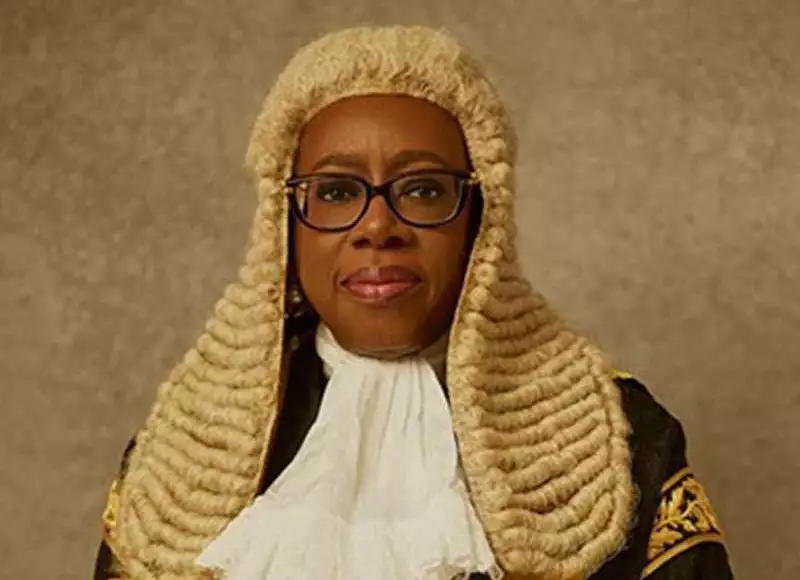In a controversial ruling, the Supreme Court of Nigeria has upheld the death sentence of Sunday Jackson, a farmer who was convicted of killing a Fulani herdsman in an act of self-defense.
The decision, delivered today, comes ten years after Jackson was first imprisoned, sparking outrage over what legal experts describe as a clear miscarriage of justice.
Jackson, a farmer, was violently attacked with a knife by the deceased Fulani herdsman. Despite sustaining injuries, he managed to overpower his attacker, wresting the weapon from him and using it in self-defense. The altercation resulted in the death of the herdsman. However, instead of being recognized as an act of self-preservation, Jackson was arrested and later sentenced to death in 2021 after spending seven years in pre-trial detention.
His case, which was appealed on constitutional grounds, highlighted several irregularities, including delays in judgment delivery and alleged bias from the presiding judge.
Legal analysts point to a significant procedural error in Jackson’s trial, citing a breach of the 1999 Constitution’s provision mandating that judgments must be delivered within 90 days after final arguments. Court records reveal that:
Jackson testified on February 27, 2020, and the matter was adjourned for final written addresses on August 27, 2020.
Judgment, however, was not delivered until February 10, 2021—a delay of 167 days, far exceeding the constitutional limit.
Under Nigeria’s Administration of Criminal Justice Act (ACJA), such a delay renders the judgment voidable, particularly when it results in a miscarriage of justice.
In another shocking turn, the trial judge allegedly substituted personal opinions for facts, creating a version of events not supported by evidence. The judge ruled that Jackson “had the option to flee” instead of defending himself—despite evidence showing he had already been stabbed in the leg and was physically unable to escape.
Legal experts argue that this contradicts established legal principles of self-defense, a right recognized universally. Many believe Jackson should never have faced a murder charge, with the worst possible charge being manslaughter.
Jackson’s ordeal has exposed severe lapses in Nigeria’s justice system. Critics accuse multiple institutions, including the Director of Public Prosecutions (DPP), the Attorney General’s office, the trial judge (Justice Fatima Ahmed Tafida), and the Legal Aid Council, of failing in their duties.
“This is a textbook case of how justice should not work,” said a senior human rights lawyer. “A man who fought for his life against a violent attacker has been abandoned by the very system meant to protect him.”
The ruling has sparked nationwide outrage, with civil society groups and legal experts calling for urgent judicial reforms. Many see Jackson’s case as a dangerous precedent that discourages self-defense, particularly in rural communities frequently targeted by violent attacks.
As Jackson faces execution, legal advocates are pushing for an urgent review of his case, warning that allowing this judgment to stand will erode public confidence in Nigeria’s justice system.
“This is not just about one man,” a human rights activist stated. “This judgment tells ordinary Nigerians that their right to defend themselves means nothing in the eyes of the law.”
For now, Jackson remains on death row—his fate sealed by a legal system that, for many, has failed him.





![Late Chinyere Gladys Mbakwe Set For Burial Feb. 20 In Umuahia [SEE POSTER] Mrs. Chinyere Gladys Maduabuchi Mbakwe Set For Burial Feb. 20 In Umuahia [SEE POSTER]](https://abntv.com.ng/wp-content/uploads/2026/02/FB_IMG_1771516412563-300x194.jpg)




![Late Chinyere Gladys Mbakwe Set For Burial Feb. 20 In Umuahia [SEE POSTER] Mrs. Chinyere Gladys Maduabuchi Mbakwe Set For Burial Feb. 20 In Umuahia [SEE POSTER]](https://abntv.com.ng/wp-content/uploads/2026/02/FB_IMG_1771516412563-100x75.jpg)